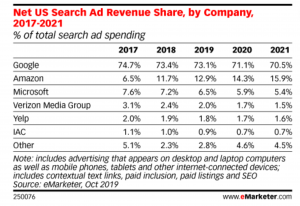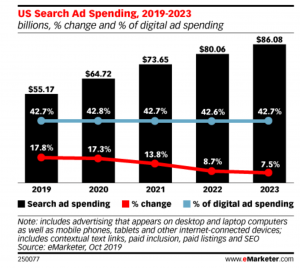5 Steps to Upcycling Old Content
- SEO
- Keywords
- Plug-Ins
- Avoid Duplicate Pages
- Push the Pages
If your website has been around for a while, chances are it’s full of some pretty old content. Websites are like houses in that way: the longer you’re there, the more likely you are to have a pile of strange boxes in the back of a closet somewhere. Luckily, it’s easier to clean up your website than it is to sort through the boxes you never really unpacked after moving in.
The first step to cleaning up your website is to create a spreadsheet so that you know which pages are salvageable. Some won’t be, and that’s fine. Delete those pages, kill your darlings. For the ones that can still be used as a resource, you need to determine what needs to be done to retrofit them for today’s internet. Let’s get started on that.
1. SEO
The easiest way to instantly improve your website is to optimize it. Read through the entire page and catch any wordy sentences or places where paragraphs can be split up. Put in headers and bulleted lists where you can. Make it as easy to read as possible.
2. Keywords
Language shifts, so make sure your keywords have adapted. This is as easy as reading through and making sure that no part of your piece sounds like it was written by someone who has memories of the Truman administration.
3. Plug-ins
Make sure they’re all up to date. That’s it.
4. Avoid Duplicate Pages
When you’re updating old pages you can either update the original page or upload a new page and pause or delete the old one. Just make sure you don’t end up with duplicate pages. This damages your domain authority.
5. Push the Pages
There’s no point in dealing with content if you aren’t advertising it. Let people know about your work. Post your updated pages to your social media feeds and let your clients know about what you’re doing and what resources you offer.
Making sure your website is up to date and providing only the best information in the resources you provide will help you build domain authority and a strong client base. It will also help you to maintain your content production without constantly producing new content.
If you would like help creating a content production plan, contact Mockingbird.

